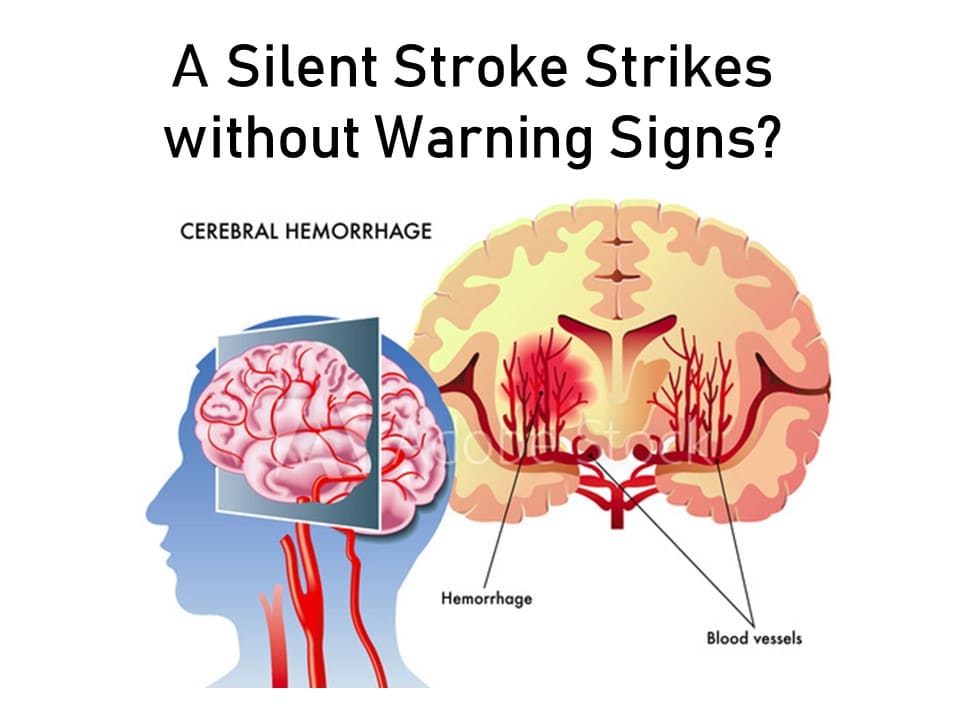Brain Stroke Specialist in Hyderabad, Dr. Vikram Sharma, says a silent stroke can cause life-threatening and permanent damage to the brain.
There are some instances wherein some people may experience a stroke without having any apparent symptoms. Such types of strokes strike without any warning and without any symptoms – either they have no clear symptoms or the person having the stroke don’t realize that he or she had a stroke. Anyway, such strokes can cause permanent damage to the brain.
Silent strokes can initially cause cognitive and memory-related problems. Thinking ability of the patient can also get affected by a silent stroke. Sometimes, silent stroke can also lead to severe strokes in the future. A stroke specialist can easily diagnose silent stroke if the patient approaches him at the earliest.
Detecting a Silent Stroke
As mentioned above a senior neurologist or a brain stroke specialist in Hyderabad can easily make the diagnosis of a silent stroke case by evaluating the medical history of the patient. But in general, detection of silent strokes merely on the basis of symptoms may not be possible without performing a brain scan or MRI. Based on the symptoms, case and medical history of the patient and scanning reports, the doctor can diagnose a silent stroke.
Are Silent Stokes Common?
Contrary to our perception, the incidences of silent strokes in middle-aged people including both males and females are common. In a study published in one of the leading journals of neurology, it has been concluded that middle-aged people including both males and females lacking clear signs and symptoms of strokes had brain damage caused by silent strokes. Damage caused by a majority of the strokes is permanent. However, treatment, post-treatment therapy and rehabilitation help in stimulating weakened parts of the brain to regain strength and recuperating abilities. As a result, the patient can regain movement and weakened abilities.
Tips to Prevent Stroke
There are some conditions and risk factors that increase the chances of silent and full-blown strokes, but you can prevent the odds by adopting the following good habits:
High blood pressure and high cholesterol levels are the prominent risk factors for stroke along with irregular heartbeats. You can reduce the risk of stroke if you keep high cholesterol and high blood pressure levels under check.
Adopt a healthy lifestyle and make changes in your eating, sleeping and other activities.
Quit smoking, lower alcohol consumption and do not eat fatty foods.
Keep a check on blood glucose levels.
Maintain a healthy weight and indulge in exercise at least twice or thrice in a week.
Concentrate on diet and incorporate plenty of green leafy vegetables, cereals, fresh fruits, colourful fruits and whole grains and fibre-rich food items in your diet and avoid consuming junk food, saturated fats, meat and meat products, canned foods, sugar and salt.
Dr Vikram Sharma
Brain Stroke Specialist in Hyderabad
Sunshine Hospitals, Gachibowli.


